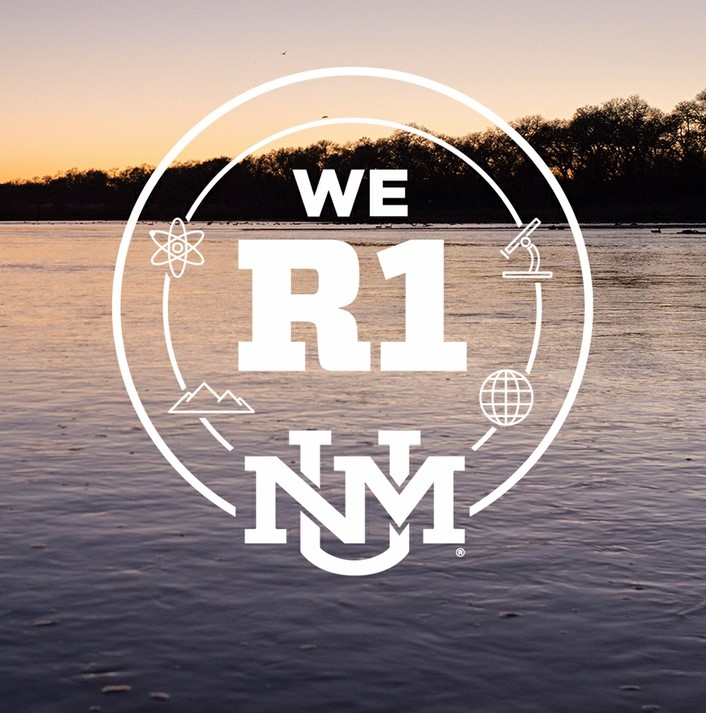Dr. Cate Rhodes Awarded a WeR1 Faculty Scholarship TIme (FaST) from the UNM Vice President for Research
Departmental News
Posted: Sep 24, 2021 - 12:00pm

Dr.Catherine Rhodes, assistant professor of Ethnology, has been awarded a WeR1 Faculty Scholarship TIme (FaST) Award from the UNM Vice President for Research.
Her book, titled Exceptional Maya-ness: Linguistics as a Site for ‘Maya’ Beyond Modernity in Yucatan Today, centers on a question students are asking on the Yucatan peninsula in Mexico today: Can I be both ‘Maya’ and a ‘linguist’? This question proceeds from a broader question, can people be both ‘Maya’ and ‘modern’? These questions frame Maya-ness as opposed to ‘modernity’—a future-oriented logic associated with progress and opposed to tradition, which it locates in the past. The broader socio-cultural context reveals that many Maya people feel they must choose between being ‘Maya’ and ‘modern’ as linguists, university professors, and students. On the Yucatan peninsula, higher education has only recently begun to be taught in Maya, and it is fostering articulations of Maya-ness that are an exception to the choice between being ‘Maya’ and being ‘modern’. Yet, higher education is contested in Maya spaces—some view education taught in Maya as countering Western influences, while others view it as ridding Maya people of ‘Maya’ ways of knowing. By both accounts, it is a site for redefining Maya-ness, understandings of the Mexican nation, and the role of Indigenous people within it. Based on 18 months of ethnographic fieldwork in an undergraduate linguistics program at a local, Maya-serving university and related sites, her book takes up current debates over Maya-ness and offers a new response to those found in the existing literature on Indigeneity. Instead of making sense of contemporary linguists’ and their students’ exceptional Maya-ness through essentialist or postmodern explanations, both of which are modern, this book argues with Maya educators and students that Maya-ness may depend upon rejecting modernity. It contributes to understandings of Indigeneity and Indigenous education.
